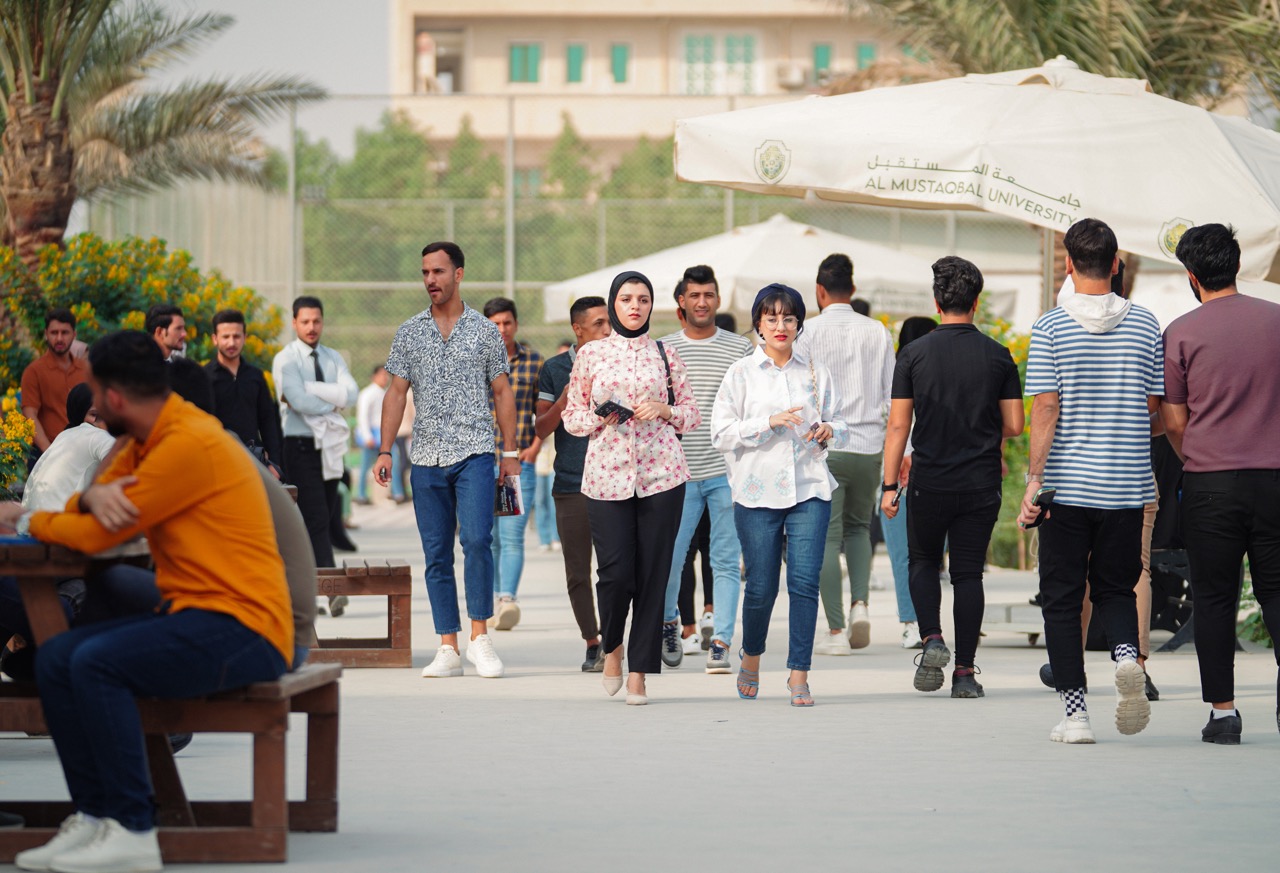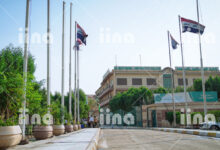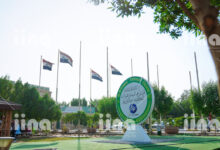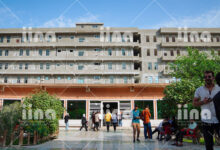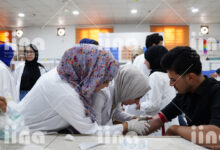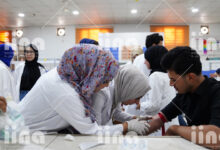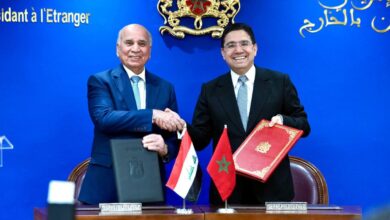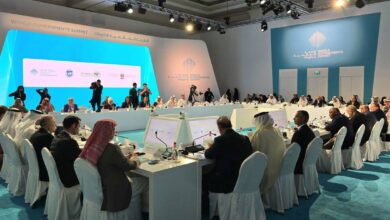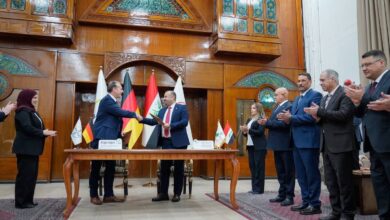Iraq’s private universities and colleges are an important supportive channel for the country’s public universities in accepting graduate students from the secondary stages, however, private universities suffer from a number of problems and obstacles in their work, perhaps the most important of which being that the licensing and recognition process is not based upon international standards, whether in terms of the clarity of the message and objectives, the qualities of infrastructure, the qualifications of the teaching staff, the level of development of programs and curricula, as well as the efficiency of teaching. Consequently, private colleges have become in dire need of evaluation, reform and development in accordance with international standards.
There are many academic accreditation institutions in the countries of the world today that apply international standards to private universities and colleges and grant them a certificate of quality and accreditation if the required standards are met. Dr. Sawsan Shaker says about her research on private colleges and universities that she relied on young lecturers with master’s degrees more than relying on PhD holders, with the importance of paying attention to cooperative education, activating dialogue, and enhancing cooperation and coordination between private colleges and agencies with competence in the labor market such as the ministries of planning, labor and social affairs.
Zaid Al-Shawka, who is in charge of the Al-Mustaqbal College, Al-Ahlia University, says that the Al-Mustaqbal College operates to both Iraqi and international standards, in a way that guarantees academic quality, as well as preparing developmental aspects and building distinguished classrooms, and that the college does not allow students who have failed to pass, but rather an evaluation upon on the basis of academic level, attendance, and scores of results in public examinations without discrimination or unjustified assistance.
The growing demand encouraged investors to expand the establishment of private colleges, as there were only 10 colleges between 1988 and 2000, and since 2004 the establishment of colleges has been accelerating despite the changes in the country until it reached more than 80 colleges at the end of 2021. It includes 570 academic branches distributed among departments. On the other hand, there are 35 Iraqi public universities, according to the data of the Ministry of Higher Education and Scientific Research published on its website.
On this, Abdul Razzaq Al-Essa, the former Minister of Higher Education, says that the priority in reforming private universities should “include obliging these institutions to receive the numbers specified for them, in light of the high number of university graduates in all disciplines, including medical majors, and the absence of projects and job opportunities sufficient to accommodate them.” He calls for setting “more disciplined” conditions, while giving the Ministry of Higher Education the authority to determine its percentage in the financial profits of those institutions.
- Published: 21st November 2022
- Country: Iraq

